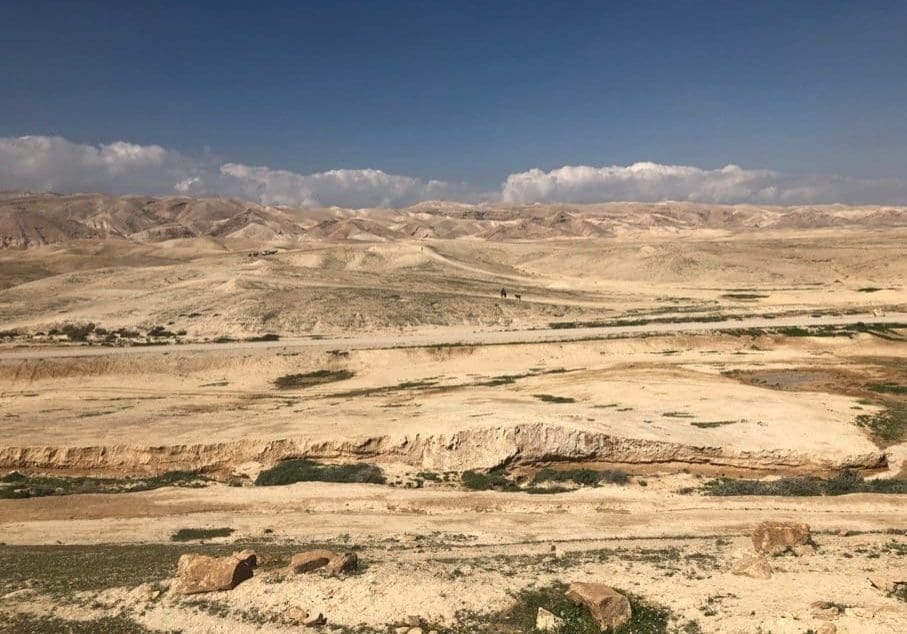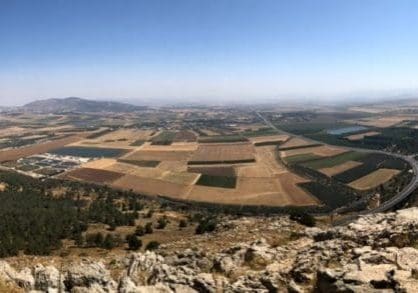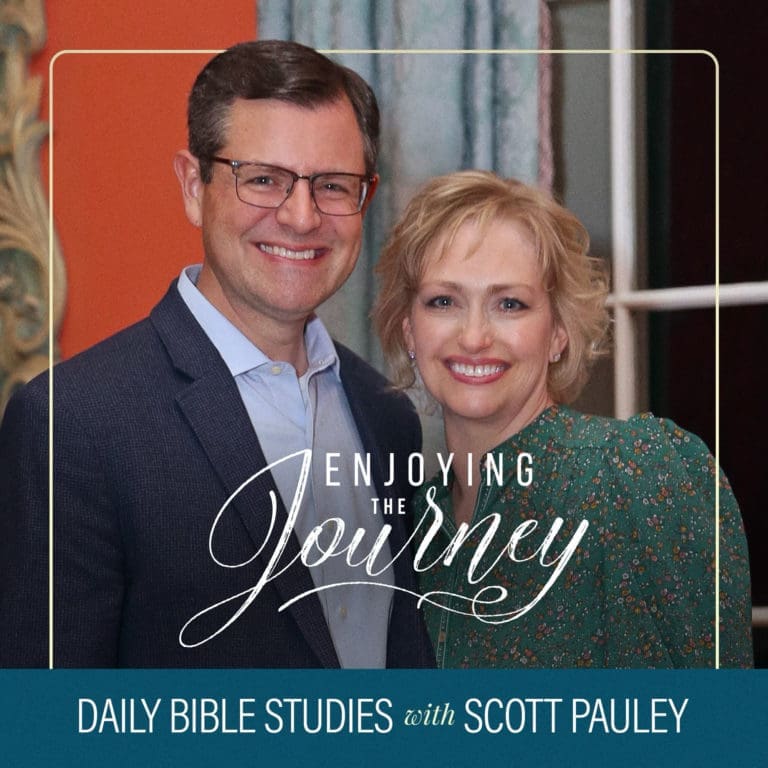
Recently I was sharing with a friend some of what God is teaching me through Psalm 119 this year. (Read more here.) It has been a joy to study it both personally and on our podcast and every visit to that diamond mine yields new treasures! In passing, I mentioned that all but a handful of the 176 verses of this amazing psalm specifically refer to the Scriptures in some way.
He asked me, “What are the verses that do not mention the Scriptures?”
And so…back to the psalm I went to find for myself which ones do not mention God’s Word by name. It may interest you to know that there are at least nine different terms that are used for God’s Word in the Psalm of the Scriptures: law, testimonies, ways, precepts, statutes, commandments, judgments, words, and ordinances. Each have a unique application to us. (We devoted two episodes to a study of these words. You can access all of the previous episodes in the archive here.)
There are, however, four verses that do not have reference to the Scriptures. Do you know the four verses? As I began to identify them the Lord taught me a wonderful truth! Here are the verses:
“How many are the days of thy servant? when wilt thou execute judgment on them that persecute me?” (verse 84)
“I have done judgment and justice: leave me not to mine oppressors. Be surety for thy servant for good: let not the proud oppress me” (verse 121-122).
“Look thou upon me, and be merciful unto me, as thou usest to do unto those that love thy name” (verse 132).
In indirect ways each of these verses are still referring to Scripture. Verse 84 uses two deeply personal questions to express the psalmist’s hope that God will keep His Word and judge the wicked. Verses 121-122 are a testimony and a plea for God’s fulfilled promises. “Judgment” and “justice” are only learned through the Word and the only assurance we have is discovered in God’s truth. Verse 132 is a prayer and memory. Prayer is a right response to God’s written revelation and the memory is taken from the holy history found in Scripture. Even the reference to God’s name is a reminder that God’s name and Word are always connected (Psalm 138:2).
This means that indeed every verse of Psalm 119 is about the Bible and its impact on our lives! Even when it is not stated, the believer’s guide is always God’s Word. We would know nothing of God or His plan if it were not for the Word! Thank God for the Bible.
As I have continued to meditate on these four unique verses I have come to the conclusion that they all have one thing in common: God’s desire that we personalize the Scriptures to our own heart and life. The Bible is not a Book to be carried; it is a Book to be applied. God’s truth must affect our lives every day and in every area.
Are you personalizing the Scriptures? What have you made your own from God’s Word this week?
By the end of this week we will complete 30 studies in this amazing psalm. There are only three weeks left and I hope you will stay with us to the wonderful conclusion. You may access each episode of the All You Need series here or find them on your favorite podcast player. God bless you as you study HIs precious Word.







Thank you dear brother Scott for this study.
It is like putting salt on my tongue, and make me thirsty for more of this living water.
God bless you.